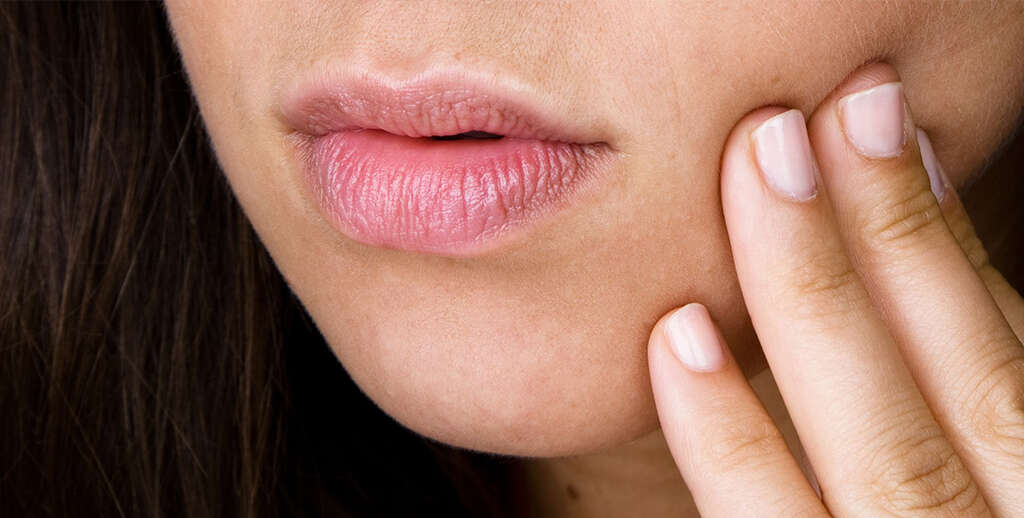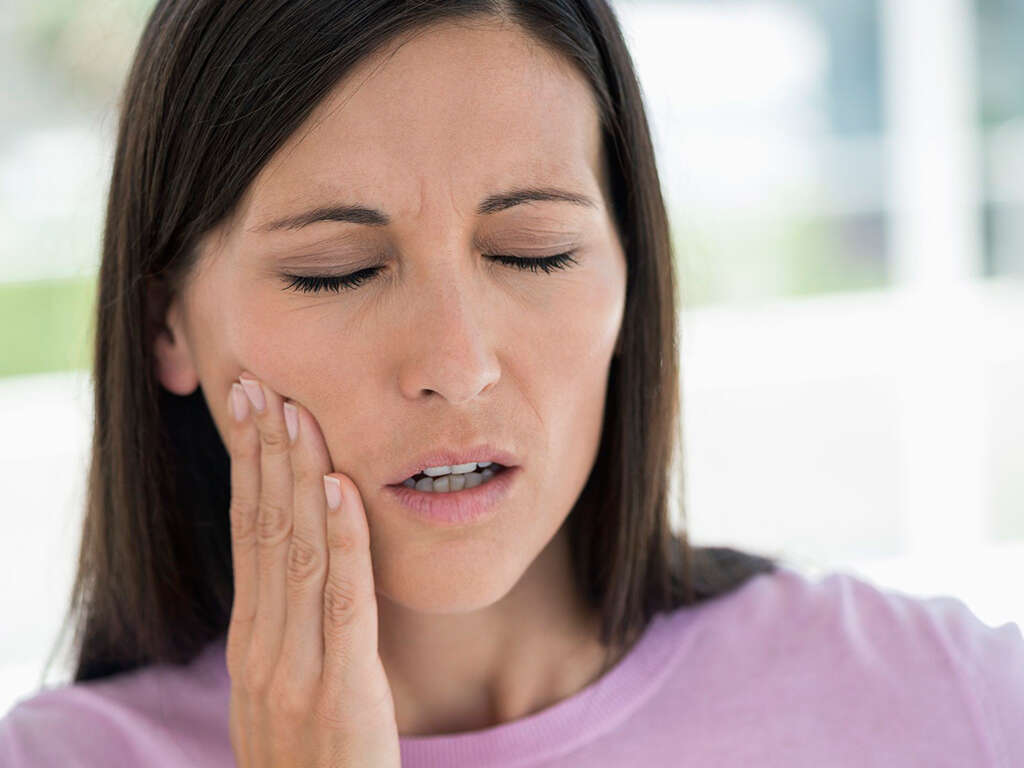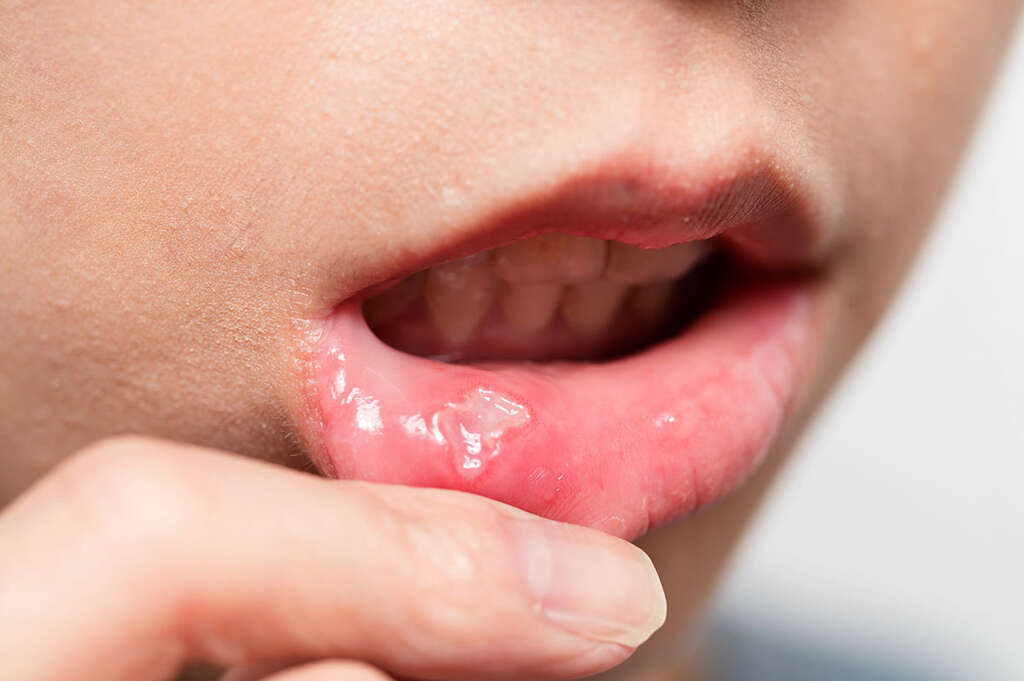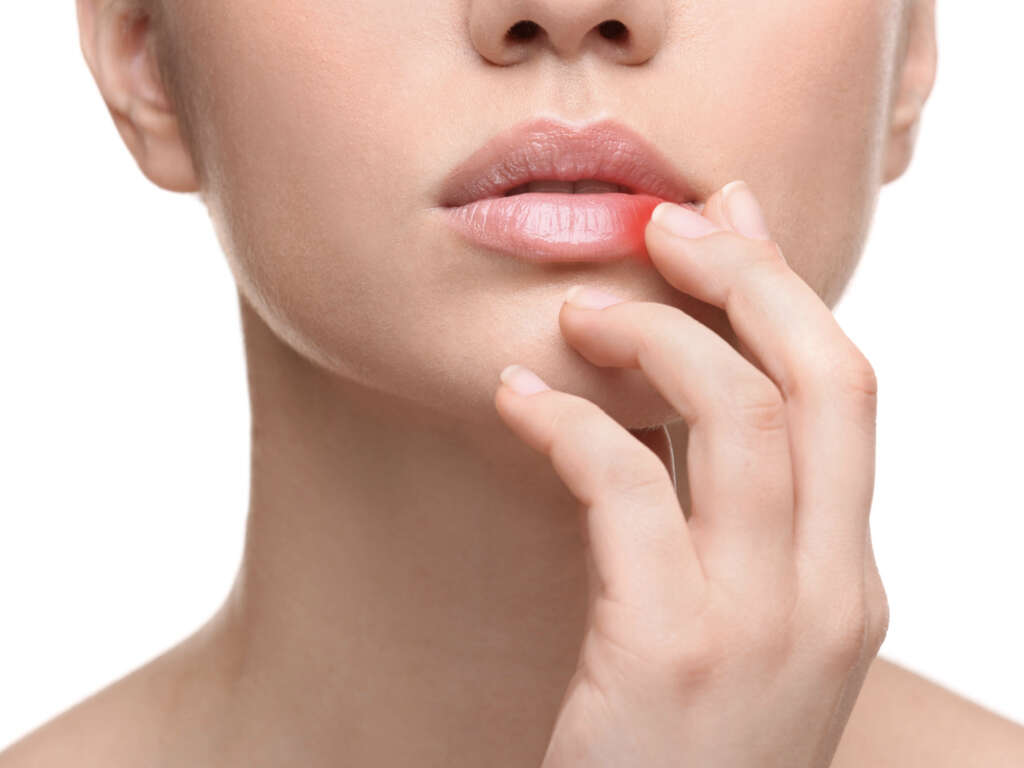10 Causes Of Canker Sores
Canker sores are oral ulcers that affect different parts of the mouth. There are two main types of canker sores: simple and complex canker sores. Most canker sores are tiny and shallow, with a diameter of one millimeter or less. However, in some cases, these ulcers enlarge to a diameter of as much as one inch.
Also known as aphthous ulcers, canker sores affect about 20 percent of the population at any time. The oral sores make it difficult to eat, drink or talk. Some studies indicate that women and people aged between 10 and 20 years are more likely to get canker sores. The sores also tend to have a genetic component such that a member from a family with a history of canker sores is more likely to get them. But what are the causes of canker sores?
Cause #1: Poor Immunity
Poor immunity is a possible cause of canker sores, besides many other conditions. When the immune function is compromised, it leaves the body exposed to the development of different ailments. The specific causative factor of canker sores remains unknown. This is even more complicated because canker sores do not arise as a result of infection by bacteria, fungus or viruses.
However, for some reason, they are more likely to occur in a person whose immunity is low. To reduce your chances of developing canker sores, ensure that you eat a diet that includes a variety of fruits and vegetables. Also ensure that you undergo treatment for any condition that may lower your immunity.
Cause #2: Genetics
While genetics may not be the exact cause of canker sores, it has been found that the condition may run in families. In other words, if there was someone in your family with the condition, you are more likely to get it than someone whose family has no history of canker sores. Some studies suggest that 30 to 40 percent of canker sores cases can be linked to family history of the condition.
It is also estimated that children whose parents have aphthous ulcers have a 90 percent risk of developing the condition. Whether this happens as a result of an inherited immunity issue or otherwise is not known.

Cause #3: Stress
While we all suffer from some stress in life, too much of it can lead to many health conditions including canker sores. This happens because when the body is under a lot of stress, it undergoes some chemical changes which affect various functions in the body. These changes can cause inflammation in various parts of the body. When it affects any part of the oral cavity, it can cause canker sores or other conditions including teeth grinding and gum disease.
To reduce your chances of developing canker sores due to stress, find activities that you can do to reduce stress. Such activities include meditation, yoga and sports.
Cause #4: Injury
An injury in the mouth can cause canker sores. The injury may arise as a result of biting your lip, cheek or tongue during a meal, sporting activity or a physical accident. Mouth injuries can also occur in the case of a person who has recently been fitted with orthodontic appliances for the treatment of dental conditions. This usually happens before the person gets used to having the appliances in the mouth.
To reduce your risk of getting injuries in the mouth, avoid hard crusted foods, wear a mouthguard during extreme sports and have orthodontic appliances fitted and adjusted professionally.

Cause #5: Food Allergies
Food allergies may cause canker sores. It is not clear which specific foods are responsible for the flare ups. However, as with other sensitivities, food allergies can lead to inflammation on various parts of the body. The inflamed part of the body may break out into sores. When this happens in the mouth, it can cause oral sores.
Consumption of foods that you are allergic to can lead to recurrent canker sores. Therefore, if you are susceptible to developing mouth sores, and notice that some foods could be causing flare ups, avoid them as much as possible. This may reduce the frequency of the mouth sores.
Cause #6: Hormonal Changes
Hormonal changes can trigger the appearance of canker sores. It is generally considered that the reason why women are more likely to suffer from the mouth sores is because they undergo frequent hormonal changes in their cycles. It is noteworthy that during a woman’s menstruation, she may also experience some oral health issues like swelling of the salivary glands and bleeding gums. Canker sores may also appear in a similar manner.
Hormonal changes may also be the reason why the oral sores are more prevalent in young people aged between 10 and 20 years. At this stage of life, young people would be undergoing significant hormonal changes as their bodies transform into adulthood.

Cause #7: Poor Dental Hygiene
Dental hygiene can play a part in the development of canker sores. Dental hygiene in this case does not only relate to cleaning teeth, gums and the oral cavity in general. It also concerns how this is done. For instance, if you are too aggressive when brushing your teeth, you may afflict injuries to your gums or cheeks. This can lead to canker sores. In a similar manner, some oral health products may have abrasive properties.
To support healing and reduce the appearance of canker sores, use gentle dental and oral care products. Also clean your mouth gently. You could also consult your dentist for further advice.
Cause #8: Nutritional Deficiencies
Some nutritional deficiencies seem to contribute towards the appearance of canker sores. Some experts also say that generally poor nutrition can lead to frequent canker sores flare ups. Deficiency of certain nutrients may play an important role in the emergence of canker sores: vitamin B12, folic acid, zinc, iron and calcium. Deficiency of these nutrients may trigger or worsen the sores.
You may support your body and reduce flare ups by ensuring that you eat a wholesome diet rich in vitamins and minerals. To boost intake of the vitamins and minerals whose deficiencies may increase your chances of developing canker sores include foods like liver, eggs, dairy, dark leafy vegetables, shrimp, kidneys and beans.

Cause #9: Behcet’s Disease
Behcet’s disease or syndrome is an inflammatory disorder that affects blood vessels in any part of the body. The syndrome presents with various symptoms which may seem unrelated. These include skin rashes, genital sores, eye inflammation and mouth sores. The symptoms are not uniform, but vary from one person to another and depend on the part of the body that is affected.
If the mouth is affected, symptoms may include oral sores that are similar to canker sores. Oral sores are the most common symptom of Behcet’s disease. Behcet’s sores are raised and round in shape. They are usually painful and heal on their own within a week, but may take up to three weeks before clearing.
Cause #10: Medications
You may get canker sores after taking some medications. Oral sores are just one of the adverse effects that may result from use of some medications. Drugs that have been found to lead to oral ulcerations include some antibiotics, nonsteroidal anti-inflammatory drugs or NSAIDs, protease inhibitors, beta blockers, immunosuppressants, platelet aggregation inhibitors and antiretrovirals.
Other medications that may also lead to the development of canker sores include some of the ones used in the treatment of diabetes, rheumatoid arthritis, osteoporosis and angina pectoris. As with other triggers of canker sores, knowing your possible triggers can help you avoid them and therefore reduce the frequency of flare ups.










